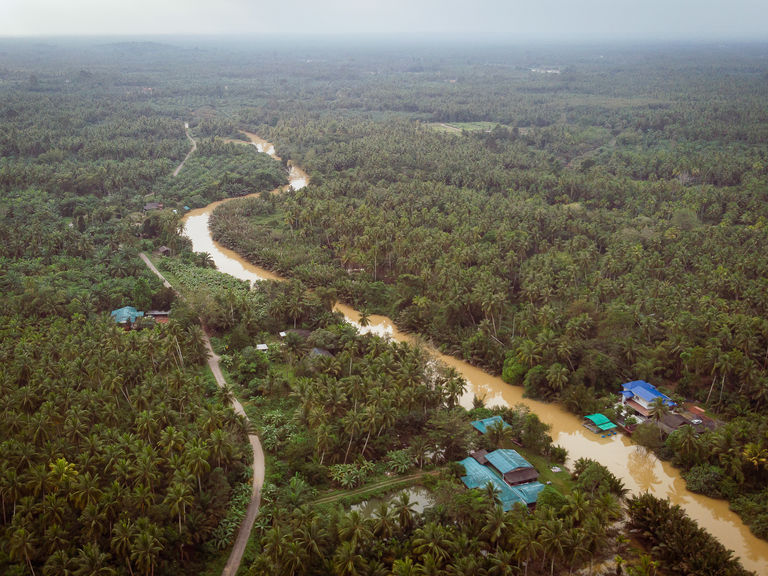Project Detail: Chained by coconut
Contest:
Swiss Storytelling Photo Grant 9th
Brand:
LuganoPhotoDays
Author:
Raffaele Petralla
Status:
Finalist
Project Info
Chained by coconut
Thailand is the world's leading exporter of coconut milk. This lucrative business is based on the enslavement of macaques, an endangered species, which are kidnapped in the wild, trained in schools and sold to collect coconuts.
From 2019 to 2022, various undercover investigations conducted by the animal rights organisation PETA have exposed the sad and rampant reality behind coconut harvesting in Thailand.
According to FAO Statistical Corporate Database and the United Nations Statistical Office, Thailand is the world's 10th largest coconut producer; the 3rd largest coconut fresh or dried exporter and the 1st coconut milk exporter in the world.
Almost all coconuts are collected through monkey slavery.
Although they should be protected by law as an endangered species, pig-tailed macaques are violently kidnapped from their natural habitat as juveniles and taken away from their families to be imprisoned and chained by the neck with rigid metal collars for their entire lives.
Across the country there are several so-called “monkey schools” where these animals are forced to perform as tourist attractions, while they are intensively trained to work and then sold to coconut pickers across the central and southern provinces of Thailand.
Tasked with climbing trees to chose and collect ripe coconuts long hours a day for at least a decade, these macaques are condemned to a life of misery and loneliness, chained to trees or old tires in poor hygienic conditions, without being able to express their ethological needs, socialize and even touch each other. They usually suffer from behavioural disorders and stereotypies as a result of the experienced trauma.
Coconut trees in Thailand can reach the height of 30 metres, which makes supply difficult and dangerous. In these conditions, male primates can harvest up to 1000 coconuts per day, while humans can barely reach the number of 80. Every day macaques are transported by trucks to the plantations where they do harvesting on top of the trees while workmen collect the fruits and store them for resale to brokers.
When their career comes to an end, macaques are often abandoned in the forest where they are no longer able to survive after a life spent in captivity. Otherwise, they continue to live circling endlessly around their loop in a dirty space of land behind their owners' houses.
After animal abuse in coconut harvesting has been exposed and the media scandal emerged, some retailers have started refusing to supply from monkey labour. Despite that, the Thai Commerce Ministry officially downplayed the phenomenon of animal exploitation in southern Thailand by stating that monkeys are “humanely trained” and protecting the work of coconut insiders such as farmers, brokers and manufacturers.


















